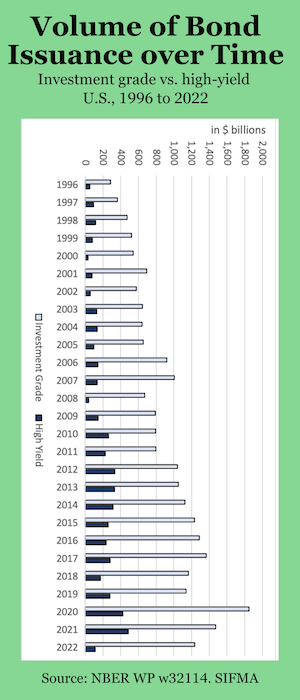For most small and medium sized firms in the United Kingdom, pensions are seen as a compliance point and not part of a rewards package. But a majority of large U.K. firms still think of pensions as a way to attract and retain staff, despite the shift towards portable defined contribution (DC) plans.
These were among the findings of “The Business Case for Pensions,” a survey sponsored by Blackrock, the asset management firm, and the Chartered Institute of Personnel and Development. The report also noted that upcoming regulatory changes in 2012 might restrict innovation in employer-sponsored retirement plans rather than stimulate it.
Only 55% of working Britons participate in a company pension “scheme” or plan, the survey showed. To encourage greater participation, Steve Rumbles, head of UK DC pensions at BlackRock, suggested allowing plan participants to borrow from their workplace defined contribution plans, as Americans can.
“You might think in 2008 most people took advantage of the loan system in the US. But only 1.2% of members actually used it. It gives you piece of mind, even if it is not used,” he said.
The report warned that the introduction of auto-enrollment in 2012, and the minimum contribution requirement of 8% of qualifying earnings could lead to a “follow the herd mentality,” particularly among smaller employers who will look upon the 8% as a maximum rather than a minimum.
“We deal with predominately larger companies and in talking to those with both DB and DC schemes, there is little indication of them leveling down [to the 8% minimum],” Rumbles said. “But that’s because of their recognition of pensions as a retention tool. The herd mentality is likely to be at the smaller end, who will think 8% will be it, and will stay at that level forever unless the government changes it.”
© 2009 RIJ Publishing. All rights reserved.


